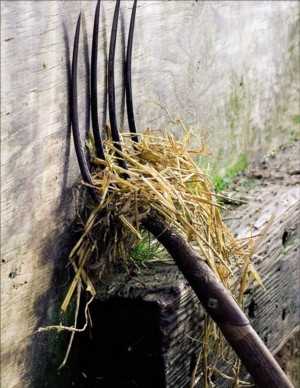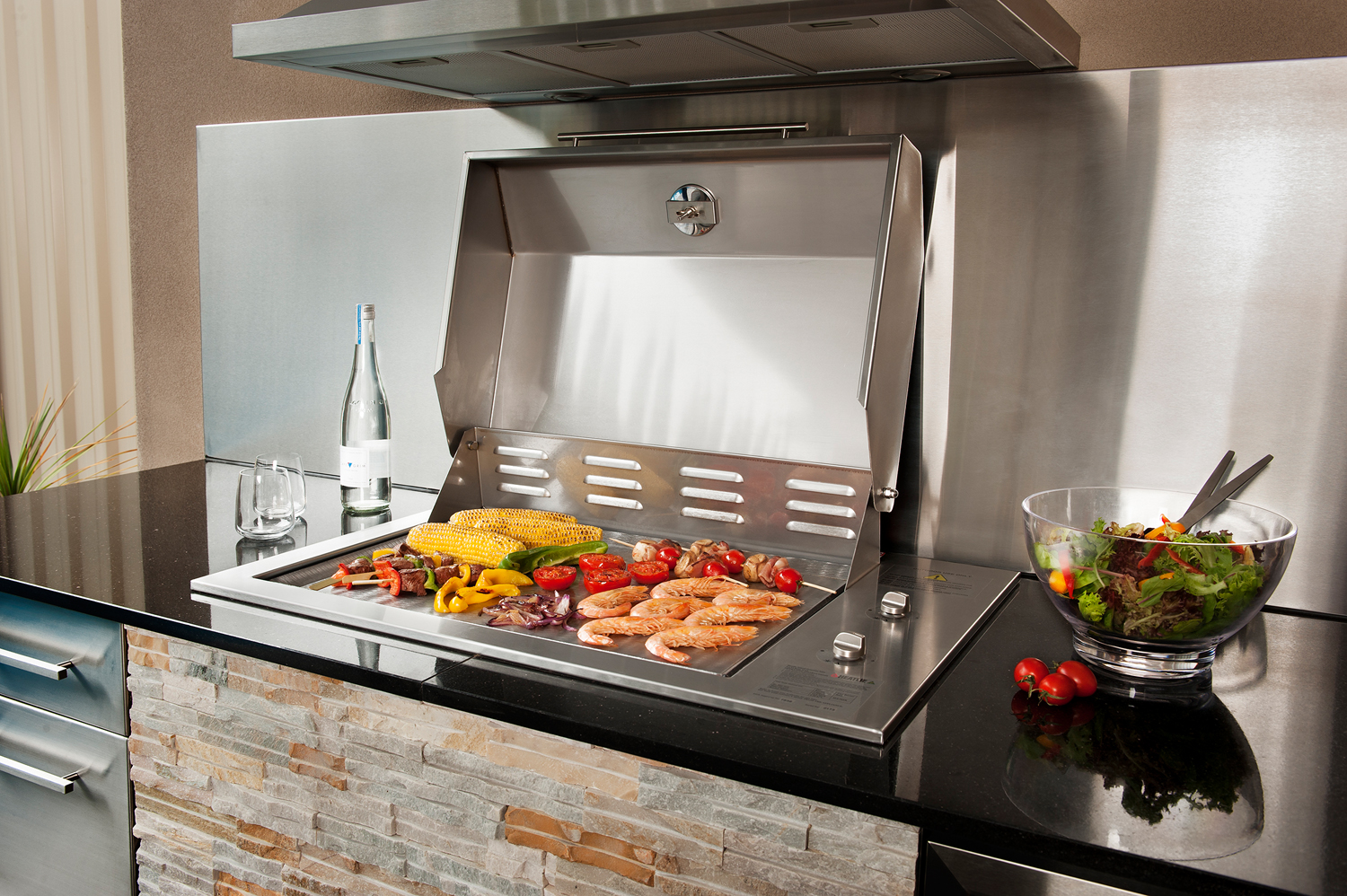In conversation with soil scientist Ted Mikhail.
Since starting his career as a soil scientist, Ted Mikhail’s vision has been that organic agriculture will expand as farmers come to their senses and use more natural methods. In 1987, he developed the Mikhail System with the philosophy that “Soil is a living system”. The Mikhail System focuses on the relationship between the soil and animals and humans and aims to balance the three components in soil — physical, chemical and microbial — in order to achieve healthy, balanced plants and healthy, balanced animals and humans. Here he shares some of his best advice for avid gardeners.
How should home gardeners treat their soil?
I believe home gardeners should treat the soil as his or her child. If something is wrong with your child you would take them straight to the doctor for a diagnosis. This might require further investigation, such as blood or hearing tests. It’s the same with the soil. The first tool in caring for your soil is a soil analysis to identify any problem/s.
How do we improve the quality of our soils?
To improve the quality of soil in our gardens we should supply everything the soil needs (not in excess) as the plant or land use requires, plus what the soil itself may need to balance the three components — structure, nutrients and microbiology.
Your view on chemical vs organic?
The difference between chemical fertilisers and organic fertilisers is great. By using chemical fertilisers you can have an effect on the environment by leaching these chemicals into the water systems, increasing soil salinity and soil acidity if these products are not used carefully. The price of chemical fertiliser nowadays is high, mostly because of the monopoly within the industry. On the other hand, organic fertilisers are safe, easy to apply, contain slow-release nutrients and are easy to produce at home or on the farm by using compost. Most importantly, these will also supply organic matter to the soil. Even if you buy organic fertiliser, it can be cheaper them chemical fertilisers in the long term.
On the quality of the fruit and veg in shops?
The quality of fruit and vegetables today varies between suppliers. Different suppliers can have short shelf life products, whereas others will have a good shelf life. There are three sorts of fruit and vegetable available these days: conventionally grown produce, organic produce and hydroponic produce. The funny thing is hydroponic produce is the dearest to purchase; then comes organic and finally conventional produce is the cheapest — despite the production costs! The main thing for me is if the soil is balanced and healthy, then it will produce balanced, healthy fruit and vegetables (tastier), like we used to have many years ago. Whichever production methods you use, though, whether it be conventional or organic, you should be farming according to the soil’s requirements. This will balance not only the nutrients but also the soil’s physical structure and microbial population.
What do you think about chemical fertilisers?
Let’s take urea as an example as it’s the fashion these days. If you use it at the recommended application rates and timings it will affect the soil’s hardness. Another example is sulphate of ammonia; used for extended periods of time, it will cause soil acidity to increase
Ted ’s tips
• What is the problem? (eg cobweb)
• What is the cause of the problem? (spider)
• How is the problem remedied? (sweep the cobweb away)
• How is the cause of the problem solved? (remove the spider)
• Treat the soil as a living system and soil test accordingly. If there is a problem, identify what it is, then find the ca use. Then address the issue at hand as well as the underlying cause so it doesn’t recur.




